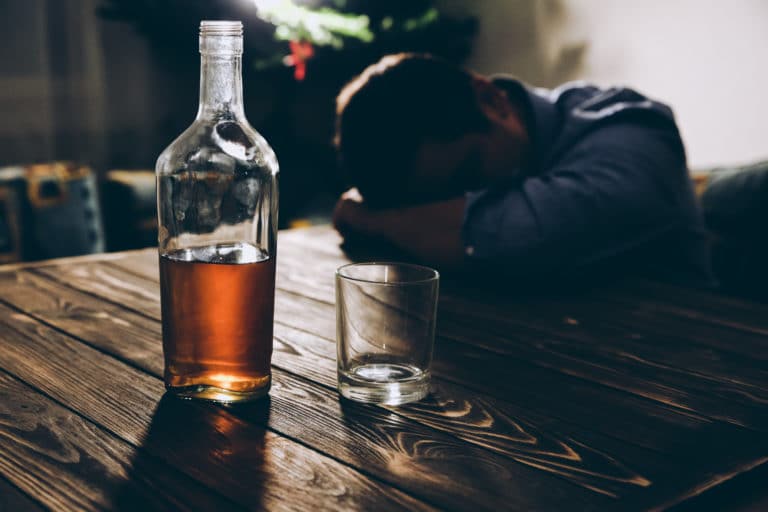Some in the medical field argue that opioids represent the most prominent drug crisis today. The reasons are many: Opioid prescriptions are heavily abused and more prominent today than ever before, opioid addiction from prescriptions can easily lead to illegal drug consumption, and findings reveal significant racial disparities in rates of drug use and drug overdose, especially with opioids. So what are the signs of opioid abuse, and how can you recognize them?
What are Opioids?
Opioids are any drug derived from the opium plant or the poppy plant. Today opium is regularly used as a prescription for medical interventions like surgery, where it is used as an anesthetic and a pain reliever. However, how opioids affect the body makes it popular for medical procedures, pain relief, and illegal pain relief.
How Do Opioids Affect the Body?
Some people are given prescription opioids that are derived from the poppy plant. In contrast, others are given prescriptions for morphine, Vicodin, oxycontin, or fentanyl that have the same chemical structure but are made in a laboratory. Still, some people illegally get their opioids: heroin.
No matter how it is derived, opioids affect the body in the same way. Opioids bind to the opioid receptors in the brain and activate them. Some opioid receptors are located along the spinal cord or in other areas of the body. These opioid receptors release signs of pain, so those receptors are responsible for sending messages about your pain if you are in pain. Opioids attach to the opioid receptors and stop those pain signals from being sent. So, they effectively block your ability to feel pain.
At the same time, they also release dopamine throughout the body, a positive chemical that is associated with your reward system. When dopamine is released in your body, it reinforces the behavior that caused the dopamine. Under normal circumstances, you might get a release of dopamine when you eat a healthy meal, exercise, or overcome a challenge. But when dopamine is released after you use opioids, it reinforces that drug use.
The longer you use opioids, the higher the doses and the more frequent the doses must be to shut down your pain receptors and release that same dose of dopamine. This is what leads to opioid abuse.
What are the Signs of Opioid Abuse?
Common signs of opioid abuse can take many forms, including physical, behavioral, and financial. Usually, a person struggling with substance abuse will display a handful of common signs of opioid abuse at the same time, like sudden behavioral changes, physical signs of drug use, as well as legal trouble or financial trouble.
Possible signs include:
- Changing your group of friends to a completely different group
- Avoiding any time with old friends and family
- No longer engaging in activities that once brought you joy.
- Significant changes to eating habits, either eating much more than normal or much less than expected without any other explanation
- Sleeping at odd hours without a regular sleep schedule and yet always being tired or sad
- Showing signs of unexplained energy, fast-talking, and specifically, saying things that just don’t make any sense.
If you are worried that one of your family members is showing symptoms of opioid abuse, bear in mind that these signs represent a wide array of common signs of opioid abuse. If your loved one has suddenly changed their friends for no apparent reason, but everything else has remained the same, that’s not necessarily indicative of a drug problem. Similarly, if they suddenly change their mood or have trouble sleeping in isolation, those signs are not exclusively tied to addiction.
Problems arise when you notice multiple signs of opioid abuse manifesting simultaneously, such as sudden financial hardship, sudden mood swings, problems sleeping, changes to diet, lack of personal hygiene, and avoiding social activities and engagement.
How to Find the Best Opioid Addiction Treatment Programs
If you recognize the signs of opioid abuse in yourself or a loved one, you can get help today at Ocean Coast. Our treatment facility in Huntington Beach provides detoxification services to help you manage opioid withdrawal symptoms. Under the safety and supervision of our staff, you can enjoy medical intervention that helps diminish the withdrawal symptoms in their severity and duration. Detox serves as an essential preliminary step to your recovery, which is why we are here to help you transition smoothly into a safe and supportive environment for residential inpatient rehab as well as outpatient care.
Let Ocean Coast help you overcome the symptoms of opioid use today with comprehensive detox and inpatient treatment services in Southern California.





